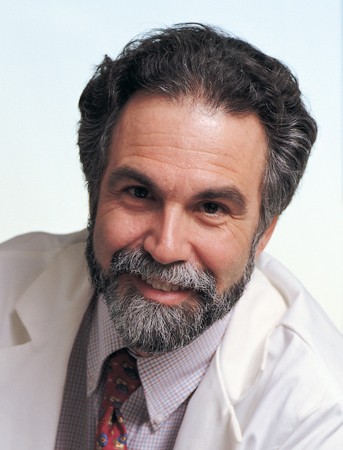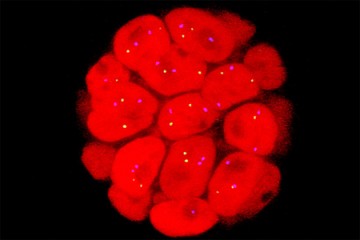Johns Hopkins researcher Gregg Semenza, who revolutionized our understanding of how cells adapt to changing oxygen levels, has been awarded the 13th annual Wiley Prize in Biomedical Sciences.

Image caption: Gregg Semenza
Image credit: Keith Weller
Semenza, the C. Michael Armstrong Professor of Medicine and director of the Vascular Biology Program at the Institute for Cell Engineering, will share the award with three other co-recipients: William G. Kaelin Jr., of the Dana-Farber Cancer Institute; Sir Peter Ratcliffe, of Oxford University; and Steven McKnight, of the University of Texas Southwestern Medical Center.
The Wiley Foundation awards the prize in recognition of breakthroughs in the understanding of biology with an emphasis on findings that contribute to a new field of research or clinical application. The award, which is presented annually, includes a $35,000 shared prize. Recipients will be honored and deliver a lecture on their research at a luncheon on April 11 at The Rockefeller University in New York City.
Semenza discovered and characterized hypoxia-inducible factor 1 alpha, or HIF-1alpha, a gene that encodes a protein that senses oxygen levels in cells. In 1995, Semenza identified the gene and has since discovered major roles for HIF proteins in development and homeostasis. He demonstrated that HIFs serve as master regulators of the cellular oxygen response by turning on genes that help cells adapt to changes in oxygen levels.
Semenza's team has since been at the forefront of translational studies to enhance HIF activity for conditions that require increased oxygen and blood flow, including cardiovascular diseases, wound healing, and organ transplantation, as well as those that inhibit HIF activity to decrease oxygen and blood flow to treat cancer, ocular neovascularization, and pulmonary hypertension.
Posted in Health, Science+Technology
Tagged gregg semenza








